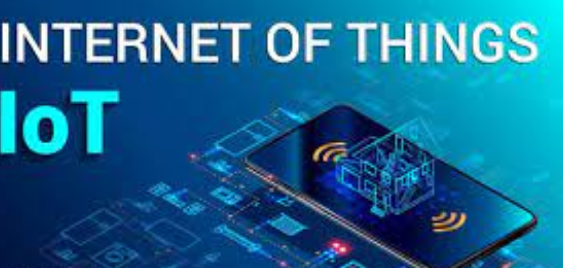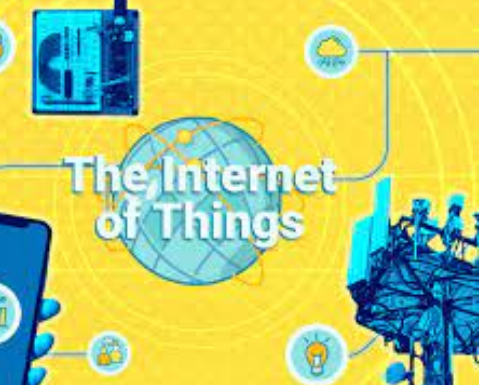Introduction:
The Internet of Things (IoT) has emerged as a transformative force, revolutionizing the way we interact with technology and reshaping entire industries. With its ability to connect devices, sensors, and systems, the IoT is driving unprecedented levels of automation, efficiency, and convenience. In this article, we will explore the features and potential of the Internet of Things and how it is transforming the world around us.

internet of this image - Connecting EverythingAt the heart of the IoT is the concept of connectivity. The ability to connect everyday objects to the internet enables a seamless exchange of information and data. From smart homes to smart cities, the IoT is creating a network of interconnected devices that communicate and collaborate, leading to more efficient processes and enhanced decision-making.
- Sensor Technology: One of the key features of the IoT is the use of sensors. Sensors collect and transmit data from the physical world to the digital realm, providing valuable insights and enabling real-time monitoring and control. Whether it’s monitoring environmental conditions, tracking inventory levels, or optimizing energy usage, sensor technology plays a vital role in the IoT ecosystem.
- Data Analytics and Artificial Intelligence: The vast amount of data generated by IoT devices presents both a challenge and an opportunity. With advanced data analytics and artificial intelligence (AI) techniques, organizations can derive meaningful insights from the data deluge. These insights can drive predictive maintenance, optimize processes, and enable personalized experiences for consumers. AI-powered algorithms can identify patterns, detect anomalies, and make intelligent decisions based on the data collected, unlocking the full potential of the IoT.
- Enhanced Efficiency and Automation: The IoT has the potential to revolutionize industries by streamlining operations and automating processes. For example, in manufacturing, IoT-enabled machines can communicate with each other, monitor performance, and trigger maintenance requests autonomously. In agriculture, farmers can leverage IoT technologies to monitor soil conditions, track livestock, and optimize irrigation, leading to increased yields and reduced resource consumption. The possibilities for efficiency gains and automation are endless across various sectors.
- Improved Quality of Life: The IoT is not just about industrial applications; it is also making a significant impact on our daily lives. Smart homes equipped with IoT devices offer increased convenience and energy efficiency. From remotely controlling home appliances to monitoring home security systems, IoT-enabled homes enhance comfort and safety. In healthcare, wearable devices and remote monitoring systems enable continuous health tracking, early disease detection, and personalized treatments. The IoT is paving the way for a healthier, more connected future.
- Security and Privacy Challenges: As the IoT expands its reach, ensuring the security and privacy of connected devices becomes a critical challenge. With billions of devices connected to the internet, vulnerabilities can be exploited, leading to data breaches and unauthorized access. Robust security measures, such as encryption, authentication protocols, and regular software updates, are essential to protect IoT ecosystems and build trust among users.

Conclusion:
The Internet of Things is revolutionizing the way we live, work, and interact with the world around us. From connected homes and cities to industrial automation and healthcare advancements, the IoT is transforming industries and improving our quality of life. As we embrace this technological revolution, it is crucial to address security and privacy concerns to harness the full potential of the IoT. The future holds immense possibilities as the IoT continues to evolve and shape our world in unprecedented ways.
